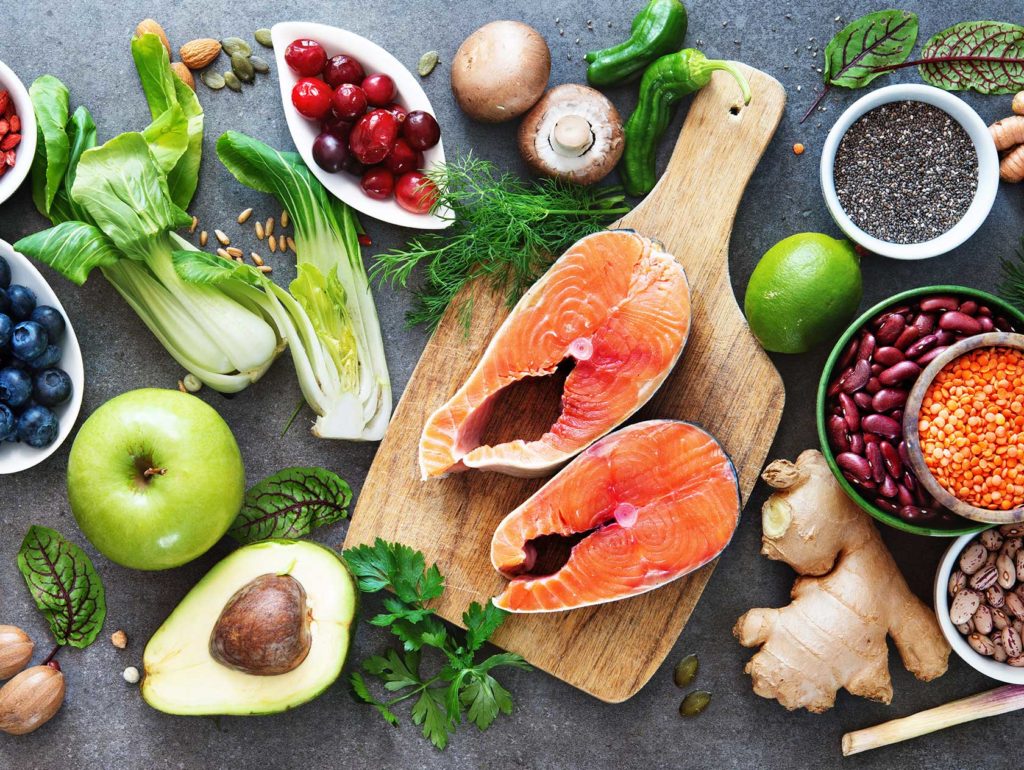
There is actually no particular diet a person with lupus needs to follow. It’s wide open — you can pick and choose from a panoply of sorts. Just follow the oft-repeated regime. Eat fruits and veggies, whole grains and healthy fats. Limit consumption of processed foods, saturated fat and added sugars.
The good thing is if you follow a healthy eating plan, it benefits the heart as well. This is important since heart disease is the number one cause of death in people with lupus.
There are some situations that require particular attention, though.
Vitamin D
It is well established that vitamin D is essential for healthy bones. New research indicates that vitamin D may have an impact on the immune system as well. According to the Lupus Foundation of America, it may even play a role in the development and severity of some autoimmune diseases, including lupus.
The problem is that people with lupus tend to have low levels of vitamin D for a number of reasons. Darker skin tones, certain medical conditions and even steroids, a common treatment for those with lupus, lend to its deficiency.
Here’s a dilemma, though. The best source of vitamin D is the sun. Yet, people with lupus are advised to avoid sun exposure. The ultraviolet rays of the sun can activate lupus flares, resulting in fatigue, joint pain and rashes. It’s best to get your D from other sources, such as salmon, egg yolks or fortified foods. Daily supplements are probably the easiest. The National Institutes of Health recommend a daily dose of 600-800 IU a day for adults.
Kidney disease
Up to 50% of people with lupus have lupus nephritis, a form of kidney disease. Inflammation damages the small filters in the kidney resulting in loss of function. As a result, some cases may demand cutting back on foods high in protein, such as dairy products, legumes and meat or foods high in potassium, such as avocados, bananas and cantaloupe.
Some foods you should avoid
Alfalfa sprouts seem innocuous. They’re a staple at salad bars and ornament for many a delectable sandwich. However, alfalfa sprouts contain an amino acid that can increase inflammation by stimulating the immune system. As a result, people with lupus should avoid alfalfa sprouts altogether, according to specialists at Johns Hopkins Lupus Center.
Garlic is a favorite commonly used to enhance the flavor of foods. But scientists believe that garlic contains three substances that can stimulate the immune system. A small amount is not harmful, but it’s best to turn to alternatives to add zest to the flavor of foods.
The bottom line
Develop a healthy eating plan that works for you. Choose foods you like. If you need advice, a dietitian can help build a healthy diet tailored to your needs.








